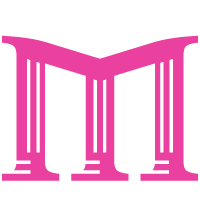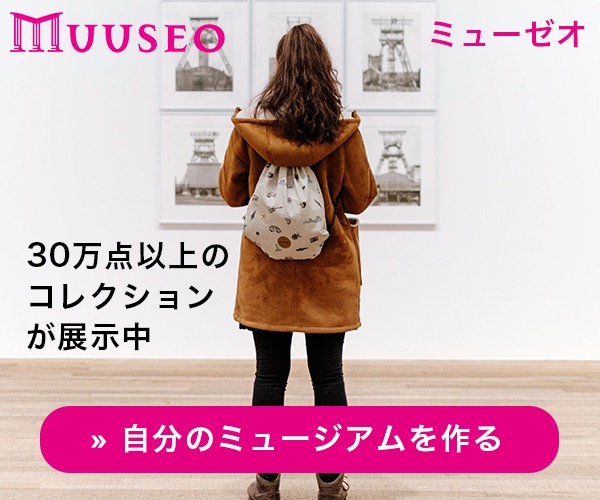- mugen Museum
- 34F 演奏活動
- Spring Joint Concert 2025
Spring Joint Concert 2025
Spring Joint Concert 寺井結子・黒田鈴尊 with 門下生たち
日時:025年3月23日(日)11時30分開演
場所:かつしかシンフォニーヒルズアイリスホール
🍖金町『ホルモンリキ』さんもイベント応援!
https://katsushika.mypl.net/shop/00000356074/news?d=2975453
https://www.facebook.com/mypl.katsushika/posts/pfbid02rAfuqsHMUcoSu8trMTKPueiNbw7dYncUGu2FiP7SZj2bmT9W74eAn5VicxyLePoTl
https://x.com/mypl_katsushika/status/1896463345768866247
催物カレンダー|アイリスホール
https://www.k-mil.gr.jp/program/calendar/iris.html
出演者コメント
ままの川
「ままの川」は、江戸後期の京都の地歌作曲家「菊岡検校」による「京風手事物」の名曲です。昨年も三曲合奏で「茶音頭」を演奏させていただきましたが、「茶音頭」もまた菊岡検校の作品です。私が三曲合奏で尺八を演奏したのは、今から50年以上前の、昭和44年から3年間ぐらいの期間で、その後は演奏の機会がありませんでした。現在、地元の鶴岡では地歌の合奏ができません。喜寿を過ぎてから三曲合奏ができるとは思ってもいなかったので、演奏の機会をいただいたことに感謝しかありません。
"Mama no Kawa" is a famous piece of "Kyoto Style Tegotomono" by Kikuoka Kengyo, a Kyoto jiuta composer from the late Edo period. Last year, I performed "Cha Ondo" in a sankyoku ensemble, which is also a work by Kikuoka Kengyo. I played the shakuhachi in a sankyoku ensemble for about three years from 1969, more than 50 years ago, and have not had the opportunity to perform since then. Currently, it is not possible to perform jiuta in my hometown of Tsuruoka. I never thought I would be able to perform in a sankyoku ensemble after I turned 77, so I am very grateful for the opportunity to perform.
オード Ⅱ
「オード(頌詩:しょうし)Ⅱ」は、日本の作曲家「廣瀬量平」が、1980年に「リコーダー二重奏」の曲として作曲・初演された作品です。「オード」というのはギリシャ語で「抒情詩」という意味になります。「廣瀬量平」は、邦楽器のための作品も数多く作曲していますが、リコーダーのための作品もあり、リコーダー奏者にとっては貴重な現代音楽作品になっています。この曲は、アルトリコーダーによる二重奏で演奏されることが多いのですが、廣瀬量平は、「アルト二重奏以外にも、例えば、多くの古い時代の音楽のように、各声部をそれぞれ異なる楽器で演奏することもまた可能である」と述べています。今日はパート1を黒田鈴尊先生、パート2を山澤昭彦の尺八による二重奏で演奏します。
"Ode II" is a work composed and premiered in 1980 by Japanese composer Hirose Ryohei as a recorder duet. "Ode" means "lyric poem" in Greek. Hirose Ryohei has composed many pieces for Japanese instruments, but he also composed a piece for the recorder, making it a valuable contemporary piece for recorder players. This piece is often performed as an alto recorder duet, but Hirose Ryohei said, "In addition to the alto duet, it is also possible to play each voice part on a different instrument, for example, as in many old music." Today, we will perform part 1 as a shakuhachi duet by Kuroda Reison and part 2 by Yamazawa Akihiko.
























































